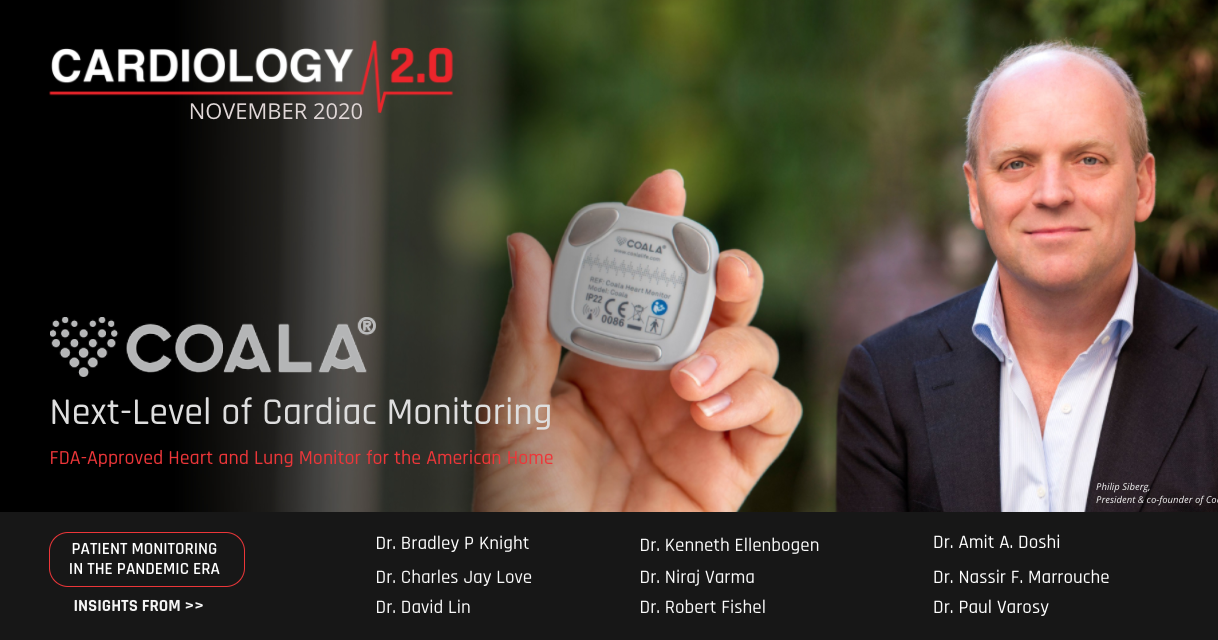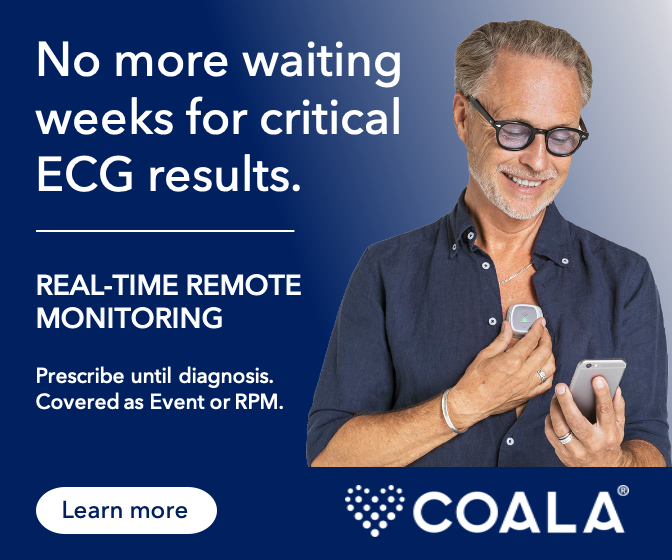
Edwards Lifesciences (NYSE: EW), on Monday announced that the first patient has been treated in the RESTORE clinical trial, which will evaluate the safety and effectiveness of the investigational HARPOON Beating Heart Mitral Valve Repair System in the United States and Canada. The HARPOON system uses a less-invasive technique than open-heart surgery in order to treat a type of heart disease called severe degenerative mitral valve regurgitation, which occurs when there is damage to the mitral valve that prevents proper functioning of the valve. The procedure took place at the University of Maryland Medical Center in Baltimore.
“Symptomatic patients with severe degenerative mitral valve regurgitation can experience limitations in their day-to-day life ranging from reduced physical activity to more serious complications,” said Vinod Thourani, M.D., national principal investigator of the RESTORE trial and Marcus Chief of Cardiovascular Surgery for Piedmont Healthcare, the Marcus Heart and Vascular Center and Marcus Heart Valve Center. “Utilizing less invasive approaches, we can potentially reduce the need for traditional open-heart surgery and the hardships associated with a patient’s healing and recovery process.”
The HARPOON system, which was developed by researchers at the University of Maryland Heart and Vascular Center, requires only a small incision to repair the mitral valve. The procedure is conducted while the heart is still beating, eliminating the need for a heart bypass machine to do the work of the heart and lungs while the heart is stopped for surgery.
“The HARPOON Beating Heart Mitral Valve Repair System is a testament to Edwards’ commitment to the research and development of innovative, patient-focused technologies that have the potential to transform cardiac surgery,” said Daveen Chopra, Edwards’ corporate vice president, surgical structural heart. “The RESTORE clinical trial will add to the growing body of evidence for the HARPOON system, which is also being evaluated as part of the ASCEND post-market study in Europe.”
The RESTORE clinical trial is an investigational device exempt study that will enroll and follow up to 360 patients who need mitral valve repair surgery due to severe degenerative mitral valve regurgitation. Degenerative mitral valve regurgitation is commonly caused by mitral valve prolapse, which prevents the valve from closing properly and causes blood to leak backwards as the heart contracts. The condition is associated with cardiovascular issues such as chest pain, shortness of breath and fatigue. In the most serious cases, it can lead to heart failure.











